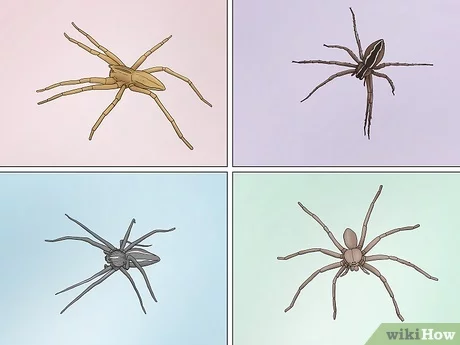How to Garden With Vinegar: 9 Steps

Introduction:
Vinegar is a versatile and eco-friendly solution that can be used in various gardening applications. With its high acidity, vinegar is an effective weed killer, pest repellent, and cleaner. Here are nine steps to help you get the most out of using vinegar in your garden.
1. Choose the right vinegar:
Opt for distilled white vinegar or apple cider vinegar with 5% acidity for optimal results. These types of vinegar can be easily found at your local grocery store.
2. Use vinegar as a natural weed killer:
Spray undiluted vinegar directly onto weeds during a sunny day. The acetic acid will break down the cell structure, causing the weeds to wither and die within 2-3 days.
3. Create a pest deterrent:
Combine one part vinegar with three parts water in a spray bottle. Apply this solution to your plants every few days to deter pests like aphids, ants, and mites.
4. Clean gardening tools and pots:
Mix equal parts of water and vinegar in a bucket to create a cleaning solution for your pots and gardening tools. Soak the tools for an hour or two before scrubbing them clean.
5. Add vinegar to improve soil acidity:
If your soil is alkaline or neutral, you can use vinegar mixed with water (1 cup of vinegar per gallon of water) as a natural soil acidifier for plants that prefer acidic environments, like azaleas or rhododendrons.
6. Utilize as a natural fungicide:
Create a homemade fungicide by mixing two tablespoons of apple cider vinegar per quart of water. Spray this solution onto the affected plants every few days until the fungus disappears.
7. Freshen up cut flowers:
To prolong the life of your freshly cut flowers, mix two tablespoons of white vinegar and two tablespoons of sugar in a quart of fresh water. Place the cut flowers into the solution to maintain their freshness.
8. Eliminate plants smells:
Vinegar can be used as a deodorizer for pungent plant smells. Simply place undiluted vinegar in a small dish near the offending area, and it will help absorb the smell.
9. Remove calcium deposits on your irrigation system:
Dilute one part vinegar with four parts water and use it to flush your drip irrigation lines. This will help dissolve any calcium buildup and maintain the efficiency of the system.
Conclusion:
Vinegar is a budget-friendly and environmentally conscious option for maintaining a healthy, thriving garden. Implementing these nine steps can help improve your garden’s health while reducing your reliance on chemical-based products.






